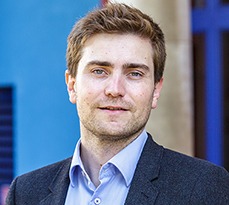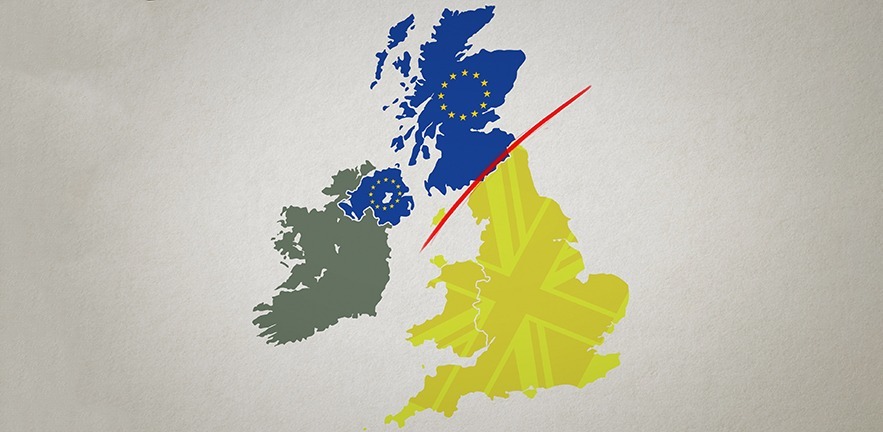Some Scottish firms see opportunity created by the ‘paralysis’ of English competitors over Brexit, says new Harvard Business Review article co-authored by Dr Thomas Roulet of Cambridge Judge.

Top executives of some Scottish companies are “thriving” on the uncertainty created by Brexit as they seek market opportunities created by the “paralysis” of their English competitors, according to a new article in Harvard Business Review co-authored by Dr Thomas Roulet of Cambridge Judge Business School.
Many of the Scottish executives surveyed for the article expect Scotland to achieve independence from the United Kingdom in the near future, and to subsequently re-join the European Union. “They’re planning for the long term where as many English counterparts are focusing on the immediate horizon,” says the article, “How companies can adapt during times of political uncertainty”.
The article says that Scottish firms expect Brexit to generate limited uncertainty, mostly around economic conditions, and seem to be “adapting much quicker” to the prospect of a post-Brexit world than their English counterparts. Scottish exports to the EU increased by 13.3 per cent in 2017, while international exports excluding oil and gas rose by 6.2 per cent.
The article is based on advisory work around Brexit uncertainty, in which the authors interviewed more than 150 executives from 50 UK-based organisations, to better understand their challenges and to devise a framework for how firms think about restructuring in cases of extreme political uncertainty.
The HBR article is co-authored by Ben Laker, Professor of Leadership at Henley Business School, and Dr Thomas Roulet, Senior Lecturer in Organisation Theory at Cambridge Judge Business School.


